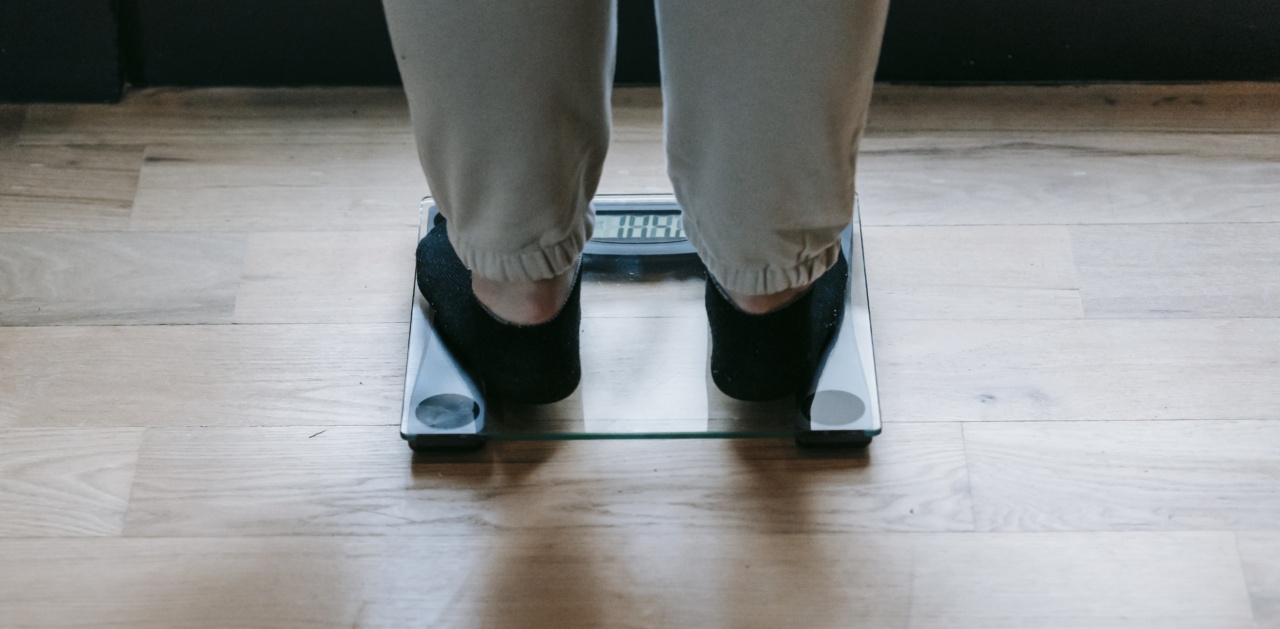Swollen feet or edema is a common problem among many people. It occurs when excess fluid accumulates in the feet, ankles, or legs. There are various causes of swollen feet, and it can be a symptom of an underlying condition.
In this article, we will look at the common causes of swollen feet and how to relieve the discomfort.
Causes of Swollen Feet
There are numerous causes of swollen feet, some of which are outlined below:.
1. Pregnancy
Pregnancy is one of the common causes of swollen feet, primarily in the last trimester. The increasing weight of the baby puts pressure on the blood vessels in the pelvis, leading to fluid buildup in the feet and ankles.
Moreover, hormonal changes during pregnancy can cause water retention, leading to swelling.
2. Standing or Sitting for Long Periods
Sitting or standing for long periods can cause swelling in the feet, particularly if you have poor circulation or suffer from venous insufficiency. When you sit for a long time, blood pools in the legs, leading to swelling.
On the other hand, standing for long hours can result in fluid buildup in the feet and ankles.
3. Injury
Injuries to the feet or ankle can cause swelling as the body’s natural response to inflammation. Injuries can be due to falls, sprains, or fractures.
4. Medications
Some medications can cause swelling in the feet as a side effect. These medications include steroids, antidepressants, blood pressure drugs, and nonsteroidal anti-inflammatory drugs (NSAIDs).
5. Medical Conditions
There are various underlying medical conditions that can cause swollen feet. Some of these include:.
a. Heart, Liver, or Kidney Disease
Heart, liver, or kidney disease can lead to fluid buildup in various parts of the body, including the feet. The body’s inability to remove excess fluid results in swelling in the affected area.
b. Blood Clots
Deep vein thrombosis (DVT) is a blood clot that develops in a deep vein, usually in the legs. Swelling in one leg is a common symptom of DVT.
c. Lymphedema
Lymphedema is a condition that results from damage or removal of the lymph nodes during surgery. It causes swelling in the arms and legs, and in severe cases, it can cause skin changes and infection.
d. Arthritis
Arthritis is a condition that causes inflammation and pain in the joints. In some cases, it can lead to swelling in the feet and ankles.
Relieving Swollen Feet
Swollen feet can be uncomfortable and painful. However, there are numerous ways to relieve the discomfort. Below are some tips on how to relieve swollen feet:.
1. Elevate Your Feet
Elevating your feet can help reduce swelling by allowing excess fluid to flow back towards the heart. Lie down and place a pillow under your feet to raise them above the level of your heart.
2. Exercise
Regular exercise can help improve blood circulation, reducing swelling in the feet. You can engage in low-impact exercises such as walking, swimming, or cycling. Additionally, stretching can also help relieve the discomfort.
3. Wear Compression Socks
Compression socks are designed to keep the blood flowing in the legs and feet, reducing swelling. They exert pressure on the veins and help move the blood back towards the heart.
4. Reduce Salt Intake
Salt can cause the body to retain water, leading to swelling in the feet and ankles. Reduce your salt intake by avoiding processed foods and adding less salt to your meals.
5. Massage
Massaging the feet can help improve blood circulation, reducing swelling. You can use a tennis ball or a foam roller to massage the feet and ankles gently.
When to Seek Medical Help
In some cases, swelling in the feet can be a symptom of an underlying condition that requires medical attention. Seek medical help if you experience the following:.
- Sudden and severe swelling
- Swelling in just one leg
- Pain or discomfort
- Redness or warmth around the swollen area
- Shortness of breath or chest pain
Conclusion
Swollen feet can be uncomfortable and painful, but it’s a common problem that affects many people.
The causes of swollen feet are numerous, some of which are pregnancy, standing or sitting for long periods, injury, medication, and medical conditions. However, there are various ways to relieve the discomfort, including elevating your feet, exercising, wearing compression socks, reducing salt intake, and massaging the feet.
If the swelling persists or is severe, seek medical help as it can be a symptom of an underlying condition.



























